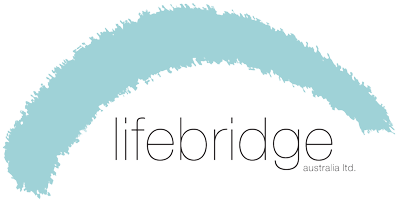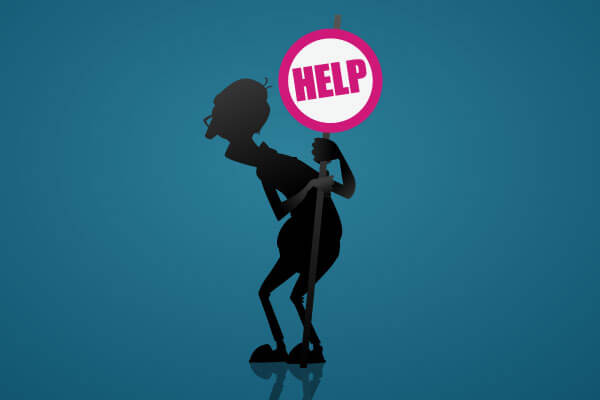Did you know, elder abuse is most commonly perpetrated by a relative or spouse of the older person, often an adult son or daughter?
Before we delve into the where and who, it is important that we understand what elder abuse is.
So, what is elder abuse?
The World Health Organization defines elder abuse as ‘a single, or repeated act, or lack of appropriate action, occurring within any relationship where there is an expectation of trust which causes harm or distress to an older person’.
This can include acts of psychological, financial, physical, social and sexual abuse, as well as neglect. It is important to note, that often an elderly person may describe this type of behaviour as disrespect or mistreatment, rather than abuse or violence. But let’s be clear, it is abuse.
Elder abuse can happen in many contexts, including the home and residential aged care. Most often it occurs within a family or domestic setting, and therefore is recognised as a form of family violence under the Family Violence Protection Act 2008 (Vic).
Who is classified as elderly?
While there are many interpretations of ‘elder’ in Australia, the definition of elder is consistent with the Australian Bureau of Statistics which classifies people over the age of 65.
What are some examples of elder abuse?
Some examples include:
- threatening and coercive behaviour
- forcing an older person to hand over money or an asset, or misusing their funds
- physical assault
- preventing contact with family and friends
- limiting a person’s choices or placing pressure on them regarding decisions they make
- neglecting to provide a person with appropriate health or personal care
- inheritance impatience – the sense of entitlement to an older person’s assets or resources
How does elder abuse effect the individual?
Mistreatment like this, can have detrimental effects. It can cause stress, anxiety and can lead to increased risk of depression. Furthermore, it can increase the risks of ill health and early death. For those who are the victims, they often require health, legal and social support services as well as short and long-term accommodation options.
It’s ok to seek help
Many people find it difficult to seek help or hesitate in doing so, because they see it as a family matter. They may also feel embarrassed about the situation and fear the consequences. Additionally, they may feel ashamed or embarrassed and worry that others will judge them, including family and community members.
No action is not ok.
If you or someone you know is experiencing elder abuse you must speak up and speak with professionals.
To speak with someone regarding elder abuse contact:
NSW Elder Abuse Helpline, 1800 628 221
Queensland, Elder Abuse Prevention Unit, 1300 651 192
For additional information about who you can contact visit: www.myagedcare.gov.au

